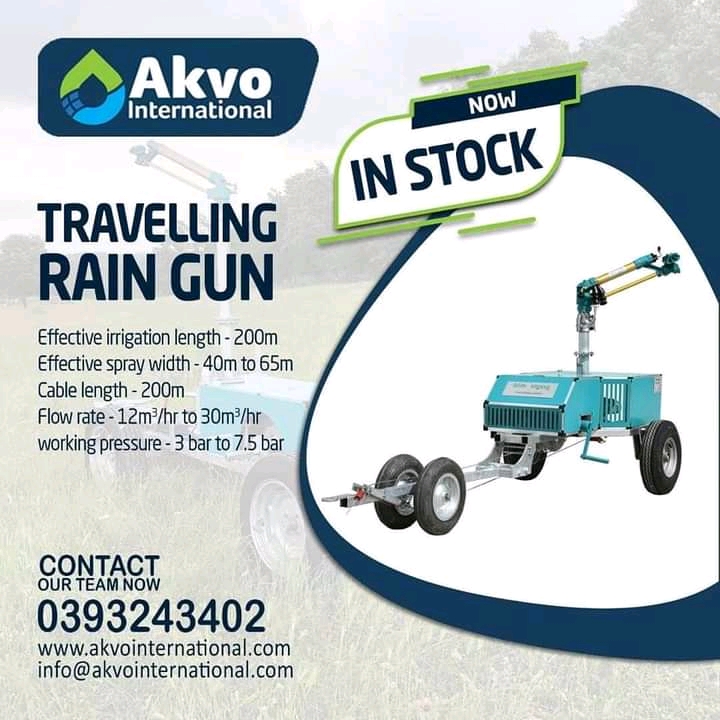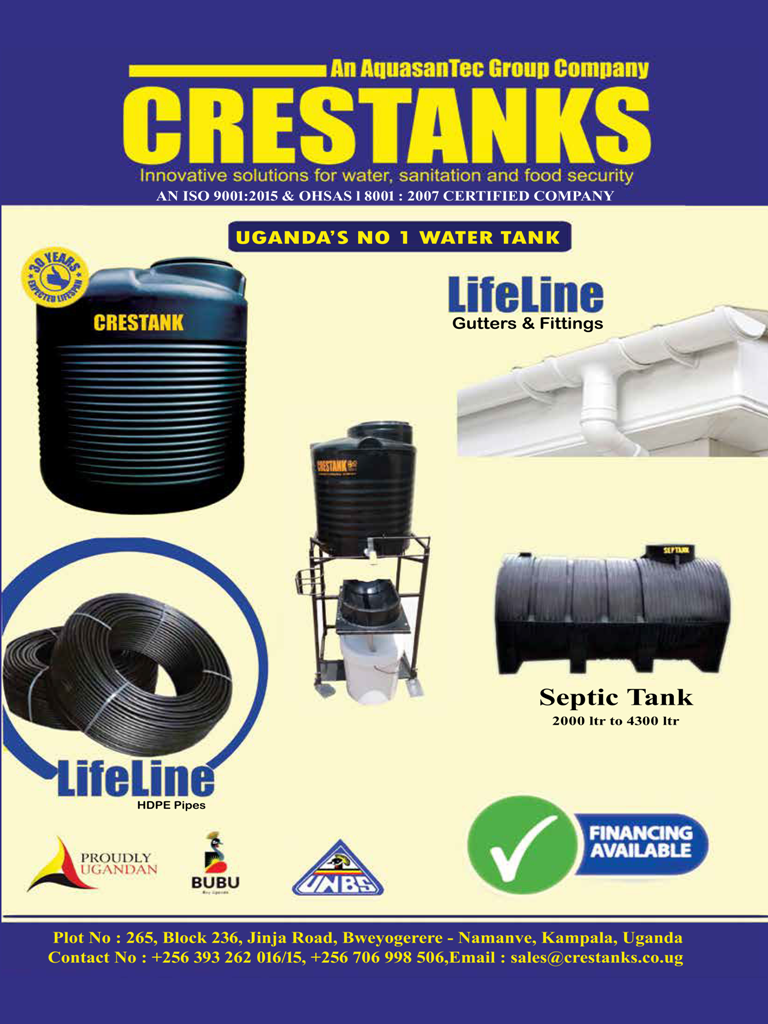BY FELIX WAROM OKELLO
ARUA/MADI-OKOLLO: “Water is life,” is a common saying used to emphasize its importance. During the COVID-19 pandemic, that statement could as well have changed to “water is a life-saver.”
That is how essential water is, given the need for it to be easily available to enable people wash their hands regularly in order to prevent infection from the deadly coronavirus.
With the high number of people in the refugee settlements, where some of the areas do not have adequate water and hand washing containers, the risk of contracting the virus is amplified. This is because the water points and market places in the refugee settlements have an inadequate supply of containers for washing hands.
To help the population in refugee camps out of that predicament, Water Mission Uganda has donated 215 water station containers to Rhino Camp and Imvepi settlements, which are mostly inhabited by refugees from South Sudan.
The refugees are mainly relying on the few water points and with inadequate hand washing facilities from their homes. One of the refugees, Ms Rose Oba of village 16, Zone II in Rhino camp, said: “We need more sensitization on hand washing because some of my colleagues still have a poor culture of not washing their hands. But some families do not have the money to buy the containers and have constant water. And they need more sensitisation because many people still have less knowledge about how the virus is spread.”
The Refugee Welfare Committee Secretary, Mr Bidal Samuel, told Wash Magazine that: “We still have challenge of inadequate access to water, and most families do not have proper hand washing taps. This will relieve some of the health centres where they will be stationed and ensure proper hygiene of the patients and attendants in the health centres.”
The Wash Team Leader for Arua and Kiryandongo settlements, Mr Apire Samuel, said: “With the current situation of COVID-19, we need to strengthen hand washing and general hygiene in the communities. So these water taps will be stationed in health centres, at water points, markets, police posts and other areas where people gather especially for meetings.”
Apire explained that besides the distribution of the water stations, they are also educating both the host communities and refugees to practice social distancing especially at boreholes.
Imvepi has about 65,000 South Sudan refugees while Rhino camp has over 125,000 refugees. The distribution will help a portion of the refugees, and the onus remains on each individual at household level to set up hand washing points.
With the high population at the camps, danger still looms especially at water points where there is crowding of those fetching water. As a result, 200 crowd controllers have been recruited by Water Mission to ensure social distancing at water points in the two settlements.
The Refugee Desk Officer at the Office of Prime Minister in Arua District, Mr Osakan Solomon, said there was need for other partners to compliment the contribution made by Water Mission.
“The number of refugees is big and, while these water points will at least help, we need more so that many people can access hand washing points. This is a virus that may stay with us like HIV/Aids, so we need to plan not only for short term but also long term,” he said.
The Resident District Commissioner for Madi Okollo, Ms Akello Alice, said: “Hand washing culture has to change because some people were hesitant to wash their hands always. We should sensitize the communities more on this because it is one of the ways of stopping infections. And we need to put them into proper use and not divert the water stations for personal use.”
Due to the need for water, the Mission also constructed 10,460 kilometres of pipeline extensions to Omugo VI, Eden 1, Omugo IV and Tika 1 settlements. Water Mission also made a similar distribution of the water stations to refugees in Kiryandongo.


















